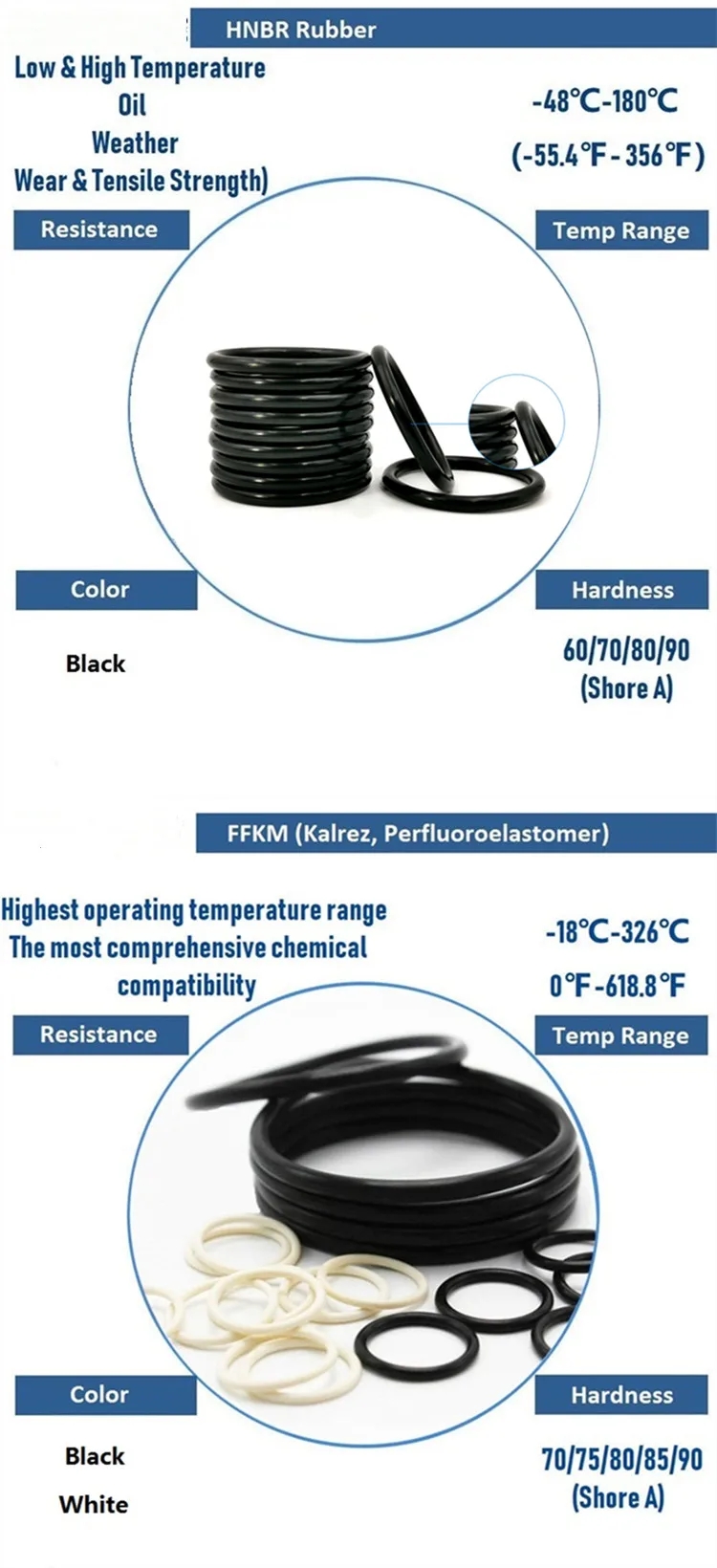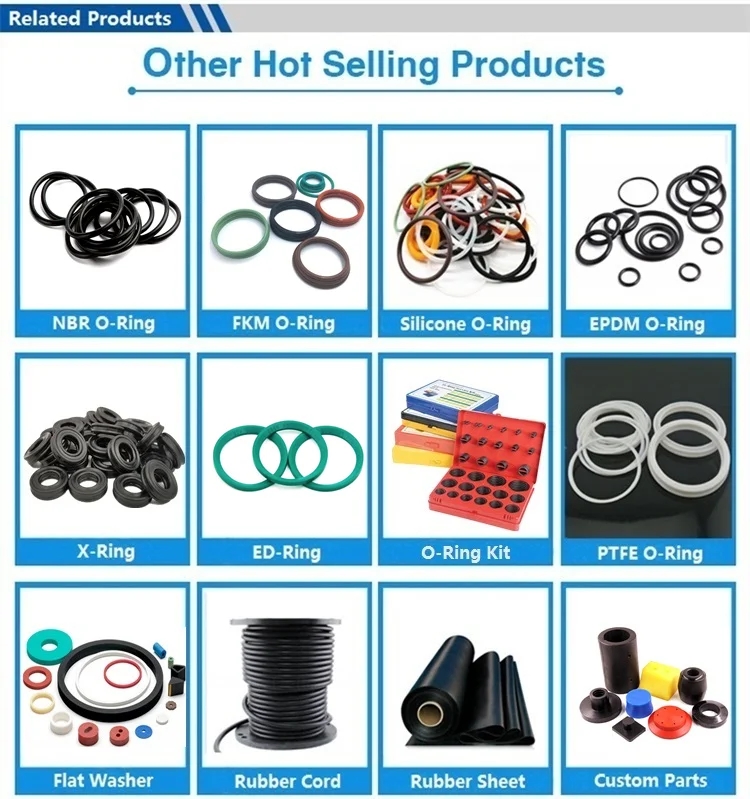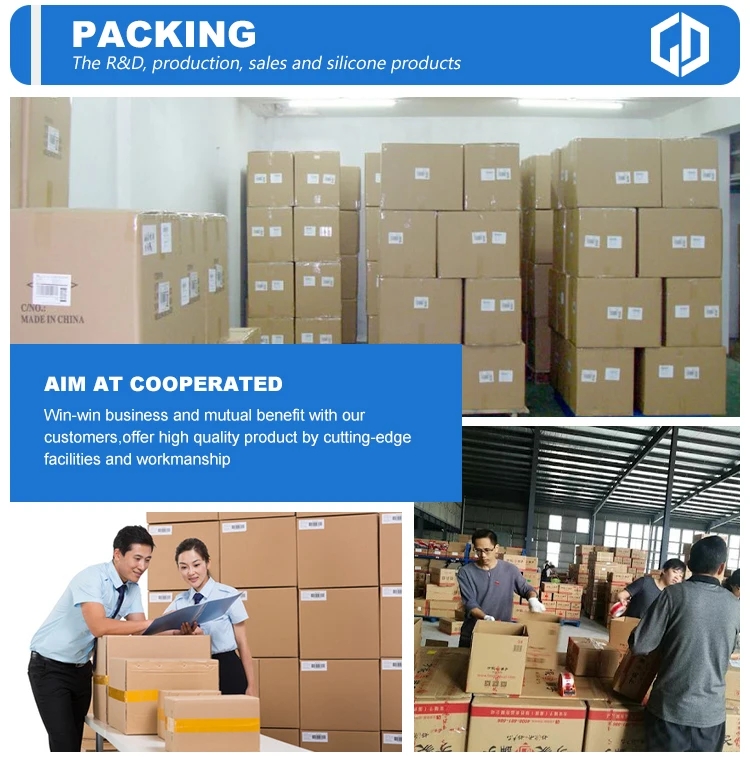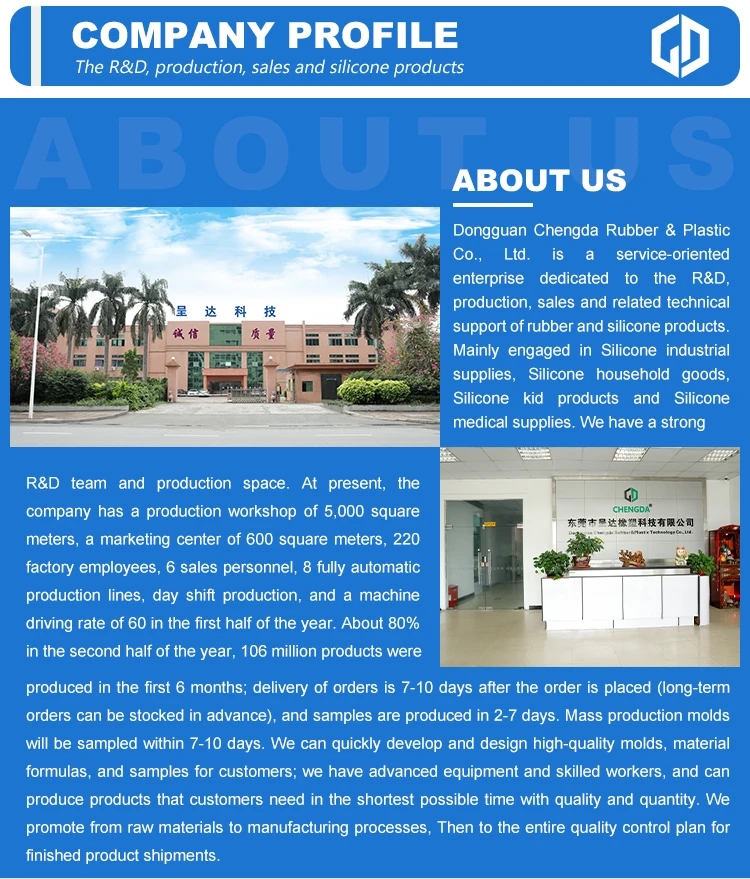Car seals, also known as security or tamper-evident seals, are used to provide a variety of benefits in the context of the automotive industry and related sectors. Here are some of the key benefits of using car seals:
- Security: Car seals are primarily designed to enhance the security of vehicles and their contents. They help prevent unauthorized access to various parts of the vehicle, such as the hood, trunk, doors, and fuel tank. This can deter theft and tampering.
- Tamper-evidence: Car seals are often equipped with features that make it evident if they have been tampered with or broken. This provides a clear indication of unauthorized access or interference.
- Asset protection: Car seals are essential for protecting valuable assets within a vehicle, such as tools, equipment, cargo, and even the vehicle itself. They can help ensure that nothing is stolen or compromised during transit or storage.
- Preventive maintenance: In some cases, car seals are used to secure access points to critical vehicle components, like the engine, to deter unauthorized tampering. This can be important for preventing unauthorized modifications or maintenance.
- Regulatory compliance: Car seals are sometimes used to comply with regulatory or safety requirements. For example, certain hazardous materials and goods transportation regulations may require the use of tamper-evident seals to ensure the integrity of cargo.
- Warranty and insurance: Car seals can be used to maintain the integrity of a vehicle’s warranty or insurance policy. Some warranties or insurance coverage may require that certain components remain sealed to remain valid.
- Accountability: Car seals can provide a level of accountability for the condition and security of a vehicle. By sealing key access points, it becomes easier to track who has accessed the vehicle or its contents, which can be important for record-keeping and auditing.
- Inventory control: Car seals can help control and track inventory during transportation. They can be used to seal containers or vehicles carrying goods, making it easier to verify that nothing has been tampered with or removed in transit.
- Safety: Sealing critical vehicle components can enhance safety by preventing unauthorized individuals from accessing areas that could pose a safety risk if tampered with, such as airbags or braking systems.
- Peace of mind: Car owners, operators, and companies can have peace of mind knowing that their vehicles and assets are secure and have not been tampered with, which can reduce stress and financial losses associated with theft or tampering.
It’s important to choose the right type of car seal for your specific needs and to follow best practices for their application and management to fully realize these benefits. Different types of seals, such as plastic seals, metal seals, and cable seals, offer different levels of security and tamper-evidence, so selecting the most appropriate one is crucial.
Packaging methods for car seals are designed to ensure that the seals are stored, transported, and handled efficiently and securely while maintaining their integrity and tamper-evidence. The specific packaging method can vary depending on the type of car seal and the manufacturer’s preferences, but here are some common packaging methods for car seals:
- Bulk Packaging: In this method, car seals are packaged in bulk, typically in bags or boxes. This is suitable for customers who need a large quantity of seals. Bulk packaging is often used for less expensive plastic seals. Users can dispense seals as needed from the bulk packaging.
- Tamper-Evident Bags: Some car seal manufacturers use tamper-evident bags to package individual seals or groups of seals. These bags are designed to show clear signs of tampering if someone tries to open them prematurely. This packaging method ensures the integrity of the seals until they are ready for use.
- Sealed Containers: Seals, especially more secure or high-value metal seals, may come in individually sealed containers, such as blister packs or small boxes. This adds an extra layer of security and ensures that each seal is protected until use.
- Dispensing Boxes: Car seals may be packaged in dispensing boxes or cartons that allow for easy access and distribution. These boxes often have openings or slots for convenient removal of seals, and they can be placed in a work area for easy access.
- Serialized Packaging: Some car seals, especially those used in applications that require strict documentation and tracking, are individually serialized. Each seal comes in its own packaging with a unique serial number. This method is common for high-security applications.
- Custom Packaging: In cases where car seals are used for specific applications or industries, they may be custom-packaged to meet unique requirements. Custom packaging can include branding, instructions, and specific labeling for the seals.
- Reusable Packaging: Some car seals are designed to be reusable. These may come in packaging that allows for easy storage and reuse. Reusable packaging is often associated with more durable metal or cable seals.
- Eco-Friendly Packaging: As environmental concerns become more prominent, some car seal manufacturers opt for eco-friendly packaging materials. This can include using recyclable or biodegradable packaging options to reduce the environmental impact.
It’s important to follow the manufacturer’s recommendations for handling and storing car seals. Proper packaging and storage can help maintain the seals’ integrity and tamper-evidence until they are put to use. Additionally, consider the specific requirements of your industry and application when selecting the most appropriate packaging method for car seals.
Car seals, also known as security or tamper-evident seals, offer several advantages across various industries and applications. Here are some of the key advantages of using car seals:
- Security Enhancement: Car seals are designed to enhance the security of vehicles and their contents. They provide a physical barrier to unauthorized access, deterring theft and tampering.
- Tamper-Evidence: Many car seals are equipped with features that make it evident if they have been tampered with or broken. This helps to quickly identify any unauthorized access or interference.
- Asset Protection: Car seals are vital for protecting valuable assets within a vehicle, such as tools, equipment, cargo, and the vehicle itself. They help ensure that nothing is stolen or compromised during transportation or storage.
- Preventive Maintenance: Car seals can secure access points to critical vehicle components, such as the engine or transmission. This discourages unauthorized modifications or maintenance, ensuring the vehicle’s reliability and performance.
- Regulatory Compliance: Certain industries and transportation sectors, particularly those involving hazardous materials, require the use of tamper-evident seals to meet regulatory and safety standards. Car seals help ensure the integrity and security of cargo during transit.
- Warranty and Insurance Maintenance: Car seals may be used to maintain the integrity of a vehicle’s warranty or insurance policy. Some warranties or insurance coverage require that specific components remain sealed to remain valid.
- Accountability: By sealing key access points, car seals provide accountability for who has accessed the vehicle or its contents. This is valuable for record-keeping, auditing, and investigations in case of security breaches.
- Inventory Control: Car seals help with inventory control during transportation. They can seal containers or vehicles carrying goods, making it easier to verify that nothing has been tampered with or removed during transit.
- Safety Enhancement: Sealing critical vehicle components improves safety by preventing unauthorized individuals from accessing areas that could pose a safety risk if tampered with, such as airbags or braking systems.
- Peace of Mind: Car owners, operators, and companies can have peace of mind knowing that their vehicles and assets are secure and have not been tampered with. This reduces the risk of theft and associated financial losses.
- Cost Savings: Car seals can lead to cost savings by reducing theft-related expenses, preventing unauthorized access that could lead to costly repairs, and helping to maintain warranty coverage.
- Customization: Car seals are available in various types, sizes, and materials, allowing for customization to suit specific applications and security requirements.
- Versatility: Car seals can be used in a wide range of vehicles, including cars, trucks, buses, and shipping containers, making them versatile security solutions.
The advantages of car seals are evident across industries where security, accountability, and asset protection are paramount. Choosing the right type of seal and using them correctly can provide numerous benefits to vehicle owners and operators.















